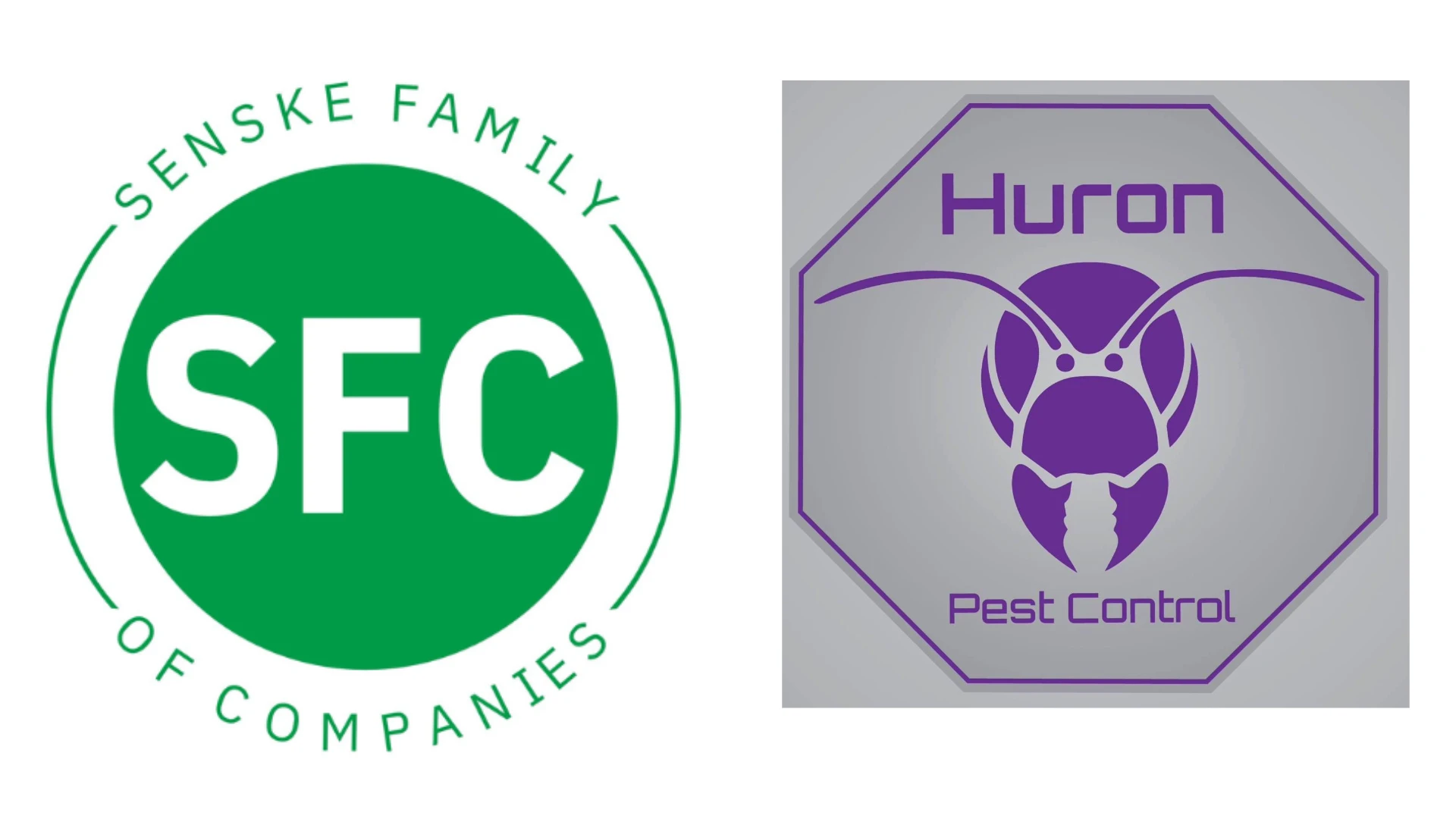This time of year business begins to wind down and work dries up. Unfortunately, many companies are at a loss regarding ways to keep their technicians and other staff busy during this slow time. However, this time of year is ideal to accomplish a great deal in preparation for the coming year.
MAINTENANCE: Equipment and vehicle maintenance typically get little attention during busy seasons. Vehicles should receive a major tune-up annually and winter is an ideal time to do this. While vehicles are being serviced, technicians can double up for a day or two in a vehicle. This might seem costly, but imagine the expense resulting from an incapacitated vehicle during peak season. Winter is also a good time for annual servicing of small engines, e.g., oil and filter changes, lubrication, etc.
Other types of equipment, such as hydraulic sprayers, require winterization in order to protect moving components from freezing. Typically, this involves water removal from pumps and hoses and the installation of antifreeze in pumps and their components. It’s also an ideal time to calibrate application equipment.
SPIT AND POLISH: This refers to more than simple routine maintenance. It involves thorough cleaning of equipment, e.g., compressed air sprayers, aerosol dispersal equipment, bait guns, etc., and vehicles to the point of making them shine. Technicians should empty their service vehicles and clean the encrusted spilled products inside. The discovery of excess products that have accumulated in service vehicles throughout the season can be replaced into inventory or redistributed. Service vehicles tend to become repositories for outdated products and equipment no longer used. Vehicles will benefit from thorough washing and waxing and perhaps a little touch-up paint and fender-bender repair. Glowing equipment will contribute to that all-important first (and professional) impression.
TRAINING: A frequently heard complaint is that there is never enough time for technician education. Yet, during the winter, there is ample opportunity to provide professional training. Last month, NPCA provided the best industry forum for technical and management education and product familiarization. Unfortunately, far too many companies fail to avail themselves of this opportunity. Every company is encouraged to send a representative to NPCA’s national convention even if only for a day. State associations also offer excellent educational opportunities to the industry and their winter meetings are designed for everyone at the company. Other educational avenues include the series of training inserts distributed in Service Technician magazine; Pest Control Video Network’s (PCVN) training videos; and Techletter published by Pinto and Associates.
Other under-utilized resources include industry consultants who can tailor programs to a company’s specific needs. Many consultants are available to provide training on technical subjects, sales and marketing, finances, management, etc. The cost of consultants does not have to be prohibitive if companies join forces to share expenses.
QUALITY ASSURANCE: The lack of quality assurance is one of the major shortfalls of our industry. Quality assurance rarely occurs because there is little time for it and resources, i.e., personnel and money, are rarely allocated. Quality assurance would provide a company insight into what its employees (receptionists, technicians, salespeople, managers, etc.) are doing. Insight into these issues then can be used to structure training, company policies, personnel changes and improve company profitability.
The quality assurance program can be as simple as having office staff call customers and asking them a few scripted questions about the company’s service. This technique may also be used to determine what advertising strategies work best for your company. For companies with more resources, supervisors or dedicated quality assurance personnel can be used to do a visual inspection of the account. This provides a better assessment of the technician’s work and identifies problems not seen by the customer.
COLLECTIONS: The distasteful, but at times necessary, task of collections is one ideally suited for down times. This is a time when revenue is low and collection of past due accounts will add to the company’s profitability. It is not uncommon for a company to have 90-day past due accounts of more than $10,000 or $100,000. This task is easily performed in writing or over the phone by office staff, and thus the expense of using a collection agency can be avoided.
CONCLUSION. One key to accomplishing winterization is planning ahead, i.e., budgeting for it. The tendency in many companies is to be conservative from fall through winter, minimizing spending due to reduced income. The final element in a successful winterization plan is commitment. Using this time to achieve these tasks will result in a win-win situation for the company, its employees and its customers.
Kramer can be reached at 301/891-2600.
WANT MORE?
Enter your email to receive our newsletters.

Explore the November 1999 Issue
Check out more from this issue and find your next story to read.
Latest from Pest Control Technology
- Webinar: Employee Incentives — Going Beyond the Annual Raise
- Pest Control Companies Helping Neighbors in Need Eradicate Bed Bugs
- Why Does Marketing Feel So Opaque?
- How Did This Pest Get Its Name?
- Rose Pest Solutions Honors Top Performers with Annual Chief’s Club Awards
- Doug Foster on Termite Control Equipment, Resources
- Pest Control Consultants Acquires EcoGuard Pest Control
- Pest Index Increased 9 Percent YOY in February





